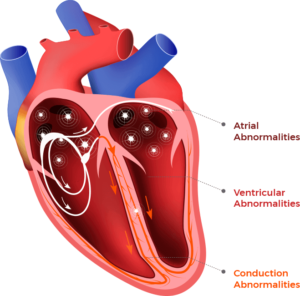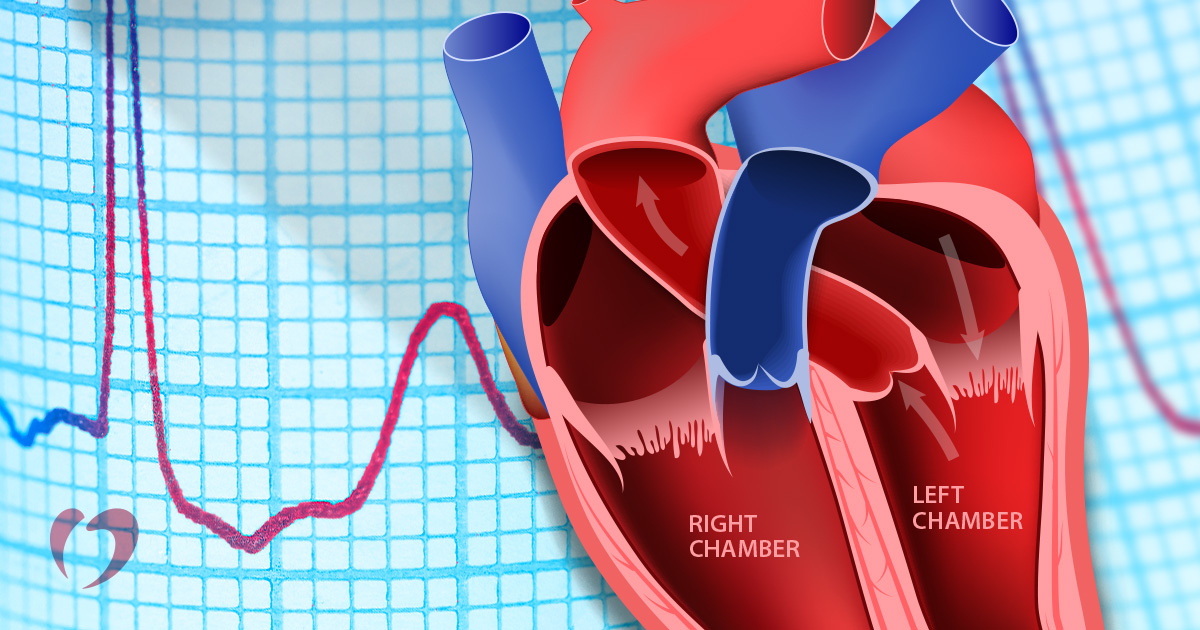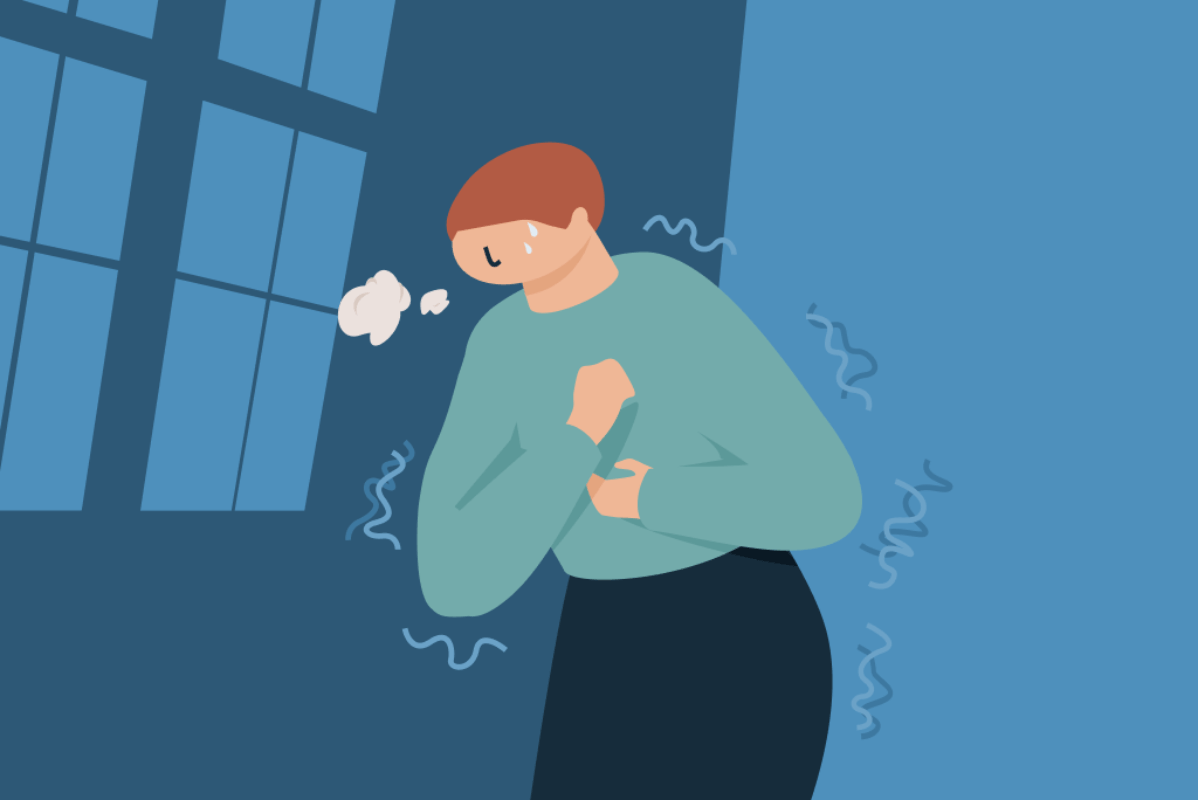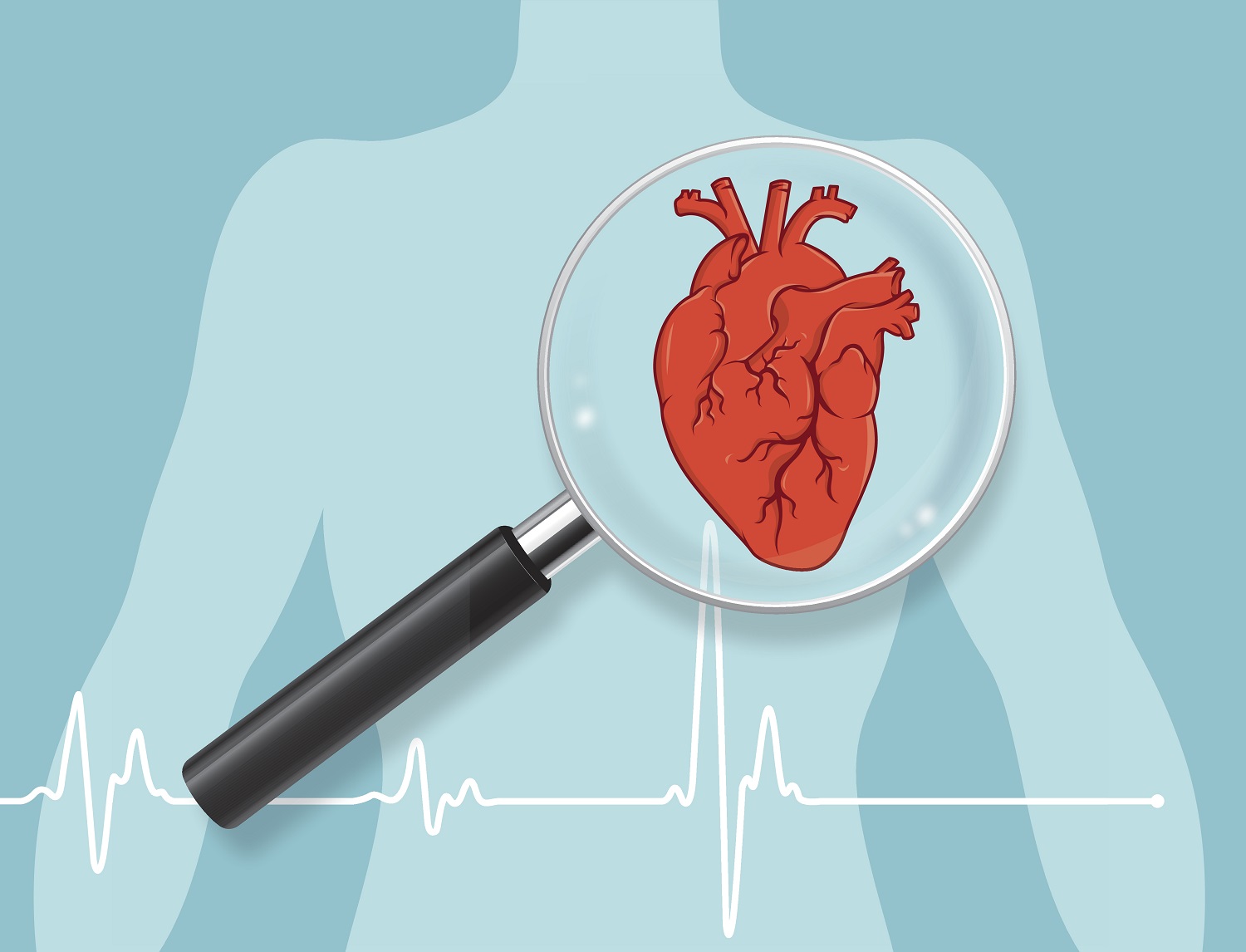More than 80% of premature heart disease and strokes are preventable in Women
Women are less concerned about their heart health because they are unaware of the risks. Because heart disease is mostly associated with overweight, stressed-out middle-aged men, women are less aware of the threat, which means they miss the risk factors.

On the bright side
As per Best Cardiac Doctor in Fortis hospital North Delhi, the above statistic is also encouraging. Because it means there are steps you can take to avoid becoming one of the 22 women we lose to heart disease every day.
And the more people who embrace the heart health message, the lower those numbers will be in a year, five years, and ten years.
Recognizing that heart disease is one of the leading health issues for women allows them to take better care of their health by:
- Keeping your blood pressure under control
- Keeping cholesterol levels under control
- Give up smoking.
- Begin exercising
- Maintain a healthy diet.
- When you reach the age of 45, you should get regular heart health checks.
Recognizing Heart disease Attack Symptoms in Women
A man falling over clutching his chest is a common sign of a heart attack. It’s one that we see in movies all the time and that most people are familiar with. According to the Heart Foundation, “research has shown that just over half of women who have a heart attack experience chest pain.”
As per Cardiologist Doctor in fortis hospital North Delhi, Women who have heart attacks typically present with atypical symptoms, which means you may not realize you are having a heart attack until it is too late.
Being aware of women-specific heart attack symptoms may save your life or the life of a woman close to you.
These symptoms may include:
- Excessive sweating
- Neck and jaw pain
- Back and arm pain
- Nausea
- Dizziness
- Breathing problems.
Helping women in taking control
Improving outcomes from heart disease in women will necessitate changes not only in the knowledge, attitudes, and beliefs of health professionals, but also, and most importantly, in the women themselves.
There are also some important lifestyle considerations to make. Among these are:
Consulting with your health professional about cardiovascular screening based on your family history and risk factors, avoiding smoking and seeking assistance if you are a smoker , shaving an exercise plan and addressing stress and depression , enjoying a healthy diet that is low in saturated fat and high in fiber, and avoiding processed foods.
You can consult the Best cardiologist in north Delhi, Dr. Naresh Kumar Goyal, Director interventional cardiology Fortis hospital Shalimar Bagh Delhi.



